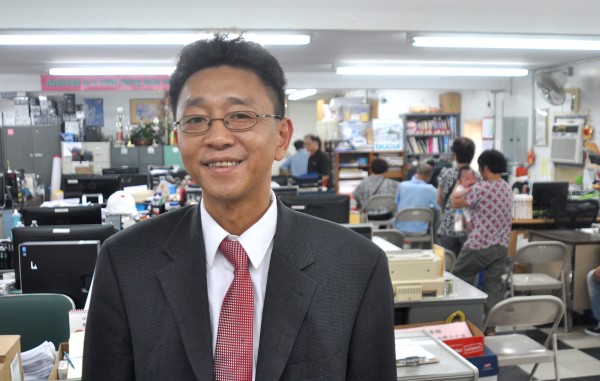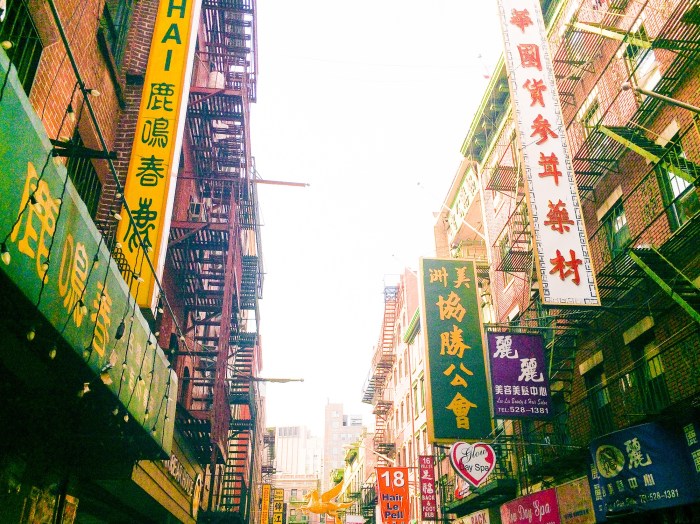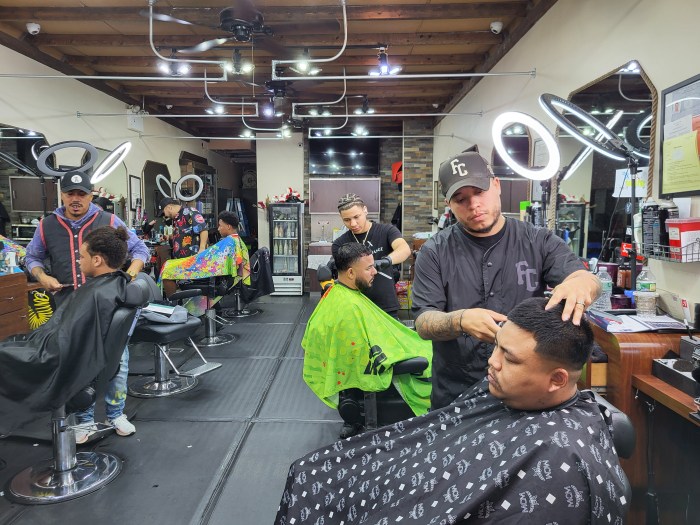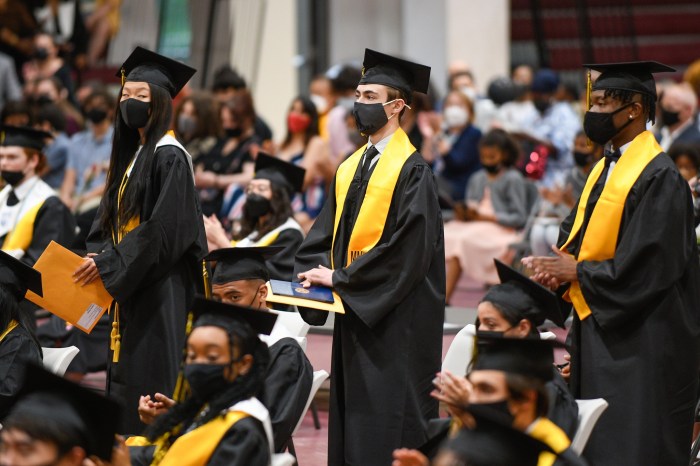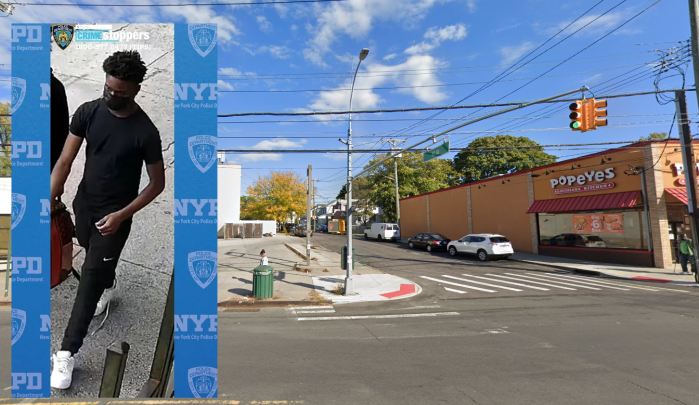From the second floor office window of Brooklyn Chinese-American Association President and CEO Paul Mak one can see the bustling Eighth Avenue with its mom and pop shops selling everything from Roast Duck over rice to portable furniture, small light fixtures, hardware and trinkets.
Mak has been here since before the 1980s when Chinese-Americans began trickling to the corridor off the N line from Manhattan Chinatown, and buying the one-and two- family brick homes on the side streets while opening mom and pop stores in the abandoned and run-down buildings along eighth Avenue.
But now with the Chinese-American population swelling in the area to about 180,000 people, Mak says he can totally relate to when the federal government had to step into Brooklyn and force a special district for African-Americans to elect one of their own as part of the Voting Rights Act of 1965.
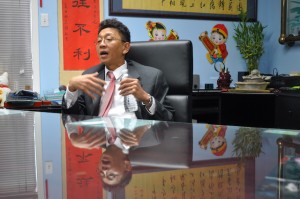
“We are very involved in vocalizing for the Chinese population to get involved in the community. But under the existing conditions, the (Chinese) population is being divided into many local districts and sometimes not having a candidate they are able to relate to is a detriment to really getting them out and active,” said Mak.
Mak explained that the Brooklyn Chinatown is carved out pretty neatly between Borough Park, Sunset Park, Dyker Heights and Bay Ridge to the point where the neighborhood has two police precincts – the 66th and the 72nd – and two community boards CB7 and CB12 covering it.
He acknowledges that the surrounding Orthodox Jewish and Latino neighborhoods are large and growing, but points out they each have their own representative in the City Council – Carlos Menchaca and David Greenfield. He also argues that the Chinese community is growing faster than those two other communities.
“I think the existing establishment would like to maintain the Asian community to a certain lower percentage so that so that they won’t become a a major factor in the next election,” said Mak.
Mak’s observation has its merits for the 21-year-old BCA not only serves the Eighth Avenue main Chinatown but smaller Chinatowns in Sunset Park, Borough Park, Bay Ridge, Bensonhurst, and Sheepshead Bay. And with some new redistricting, many of these neighborhoods could be joined to make a super Chinese district.
But until that happens, the BCA will also continue serving about 3,000 Chinese people a day with a multitude of social service programs – from seniors and toddler programs to individual casework and adult education. And Mak will continue working with electeds such as Assemblyman Peter Abbate, with whom he has a long and good working relationship with obtaining funding for critical programs.
He also knows the time of reckoning is fast approaching when the growing Chinese population finally elects one of its’ own.
“We have a lot of candidates, but let’s focus on what happens in the next redistricting. We will be better prepared so we can have a voting block in the district. I think that will be important,” he said.


